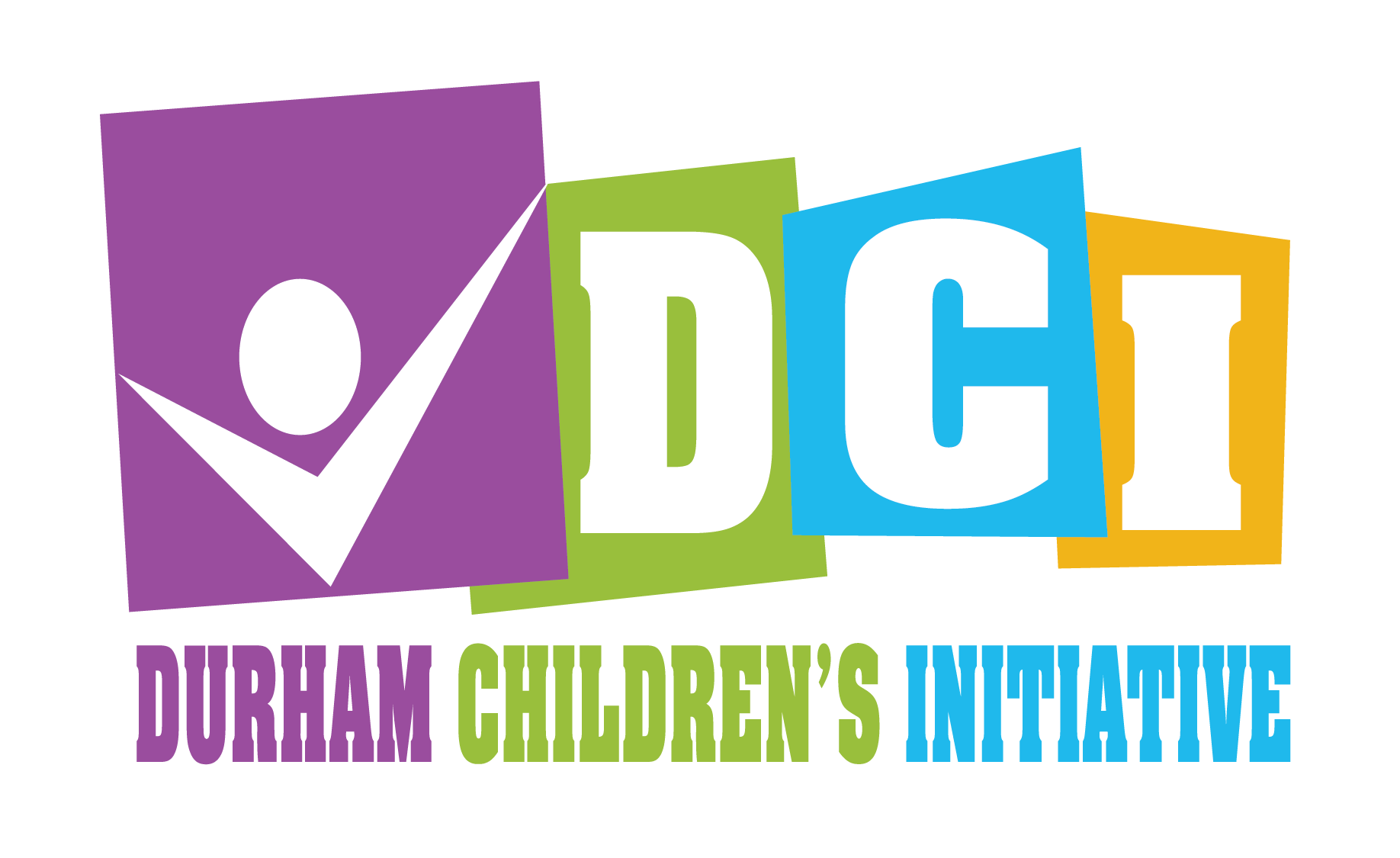DCI Youth Learning Work Skills Amid Pandemic
Before the onslaught of COVID-19, our youth held nearly half of all the minimum wage jobs and more than 1/3 of those in the gig economy (Uber, DoorDash, etc.). At the start of the crisis, more than half of our students lost their jobs and are more likely to be disproportionately exposed to the coronavirus because they are now deemed “essential workers” due to the nature of their work.
Before the onslaught of COVID-19, our youth held nearly half of all the minimum wage jobs and more than 1/3 of those in the gig economy (Uber, DoorDash, etc.). At the start of the crisis, more than half of our students lost their jobs and are more likely to be disproportionately exposed to the coronavirus because they are now deemed “essential workers” due to the nature of their work.
In order to provide our youth a chance to continue building their assets, we were granted $58,000 from Duke’s Office on Durham & Community Affairs to help support our students in daily survival and to help them participate as essential workers in the community’s response to food insecurity, housing insecurity, and small business recovery in regards to the crisis.
Durham ChiIdren’s Initiative (DCI) placed thirteen students, referred to as “Frontline Fellows”, into different fellowships to attempt to alleviate some of their issues. Young people were given twelve weeks and up to twenty hours per week. Each fellowship aimed to increase the capacity of a local organization or business serving on the frontline of the COVID-19 pandemic. In addition, our youth were offered 1:1 savings matches up to 10 percent of their total earnings to continue building their personal assets and savings.
Frontline Fellows completed a series of virtual training seminars, newly designed and delivered by DCI in collaboration with community experts and youth facilitators. The series focused on remote working skills, virtual professionalism, online productivity tools, and social impact work. The training also included understanding professional “etiquette” and virtual workflows, as well as basic data and social media management.
Placement priority was given to students with previous DCI internship experience and resumes that fit the specific requirements of participating businesses and organizations.
Students worked for:
- Helius N.C.
- Community in Partnership (CIP)
- Sour Bakery
- The Durham VOICE
- Durham ChiIdren’s Initiative (DCI)
- Project F.E.E.D.
- Bike Durham
- Meals on Wheels Durham
- SEEDS
